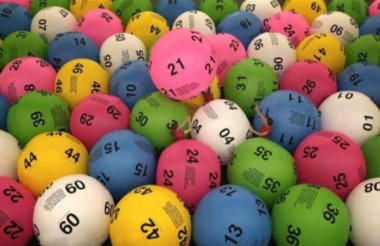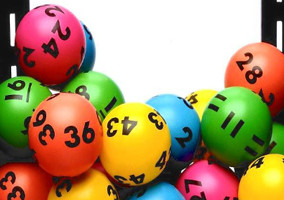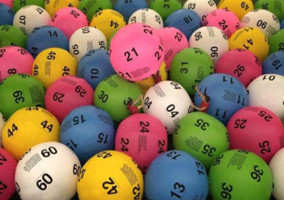The future of returns to good causes from the National Lottery is under threat, MPs have warned, after finding a fall in funding despite record profits for Camelot.
The Future of the National Lottery report, published today by the Public Accounts Committee (PAC), shows that the annual profits for Camelot, the operator of the National Lottery, have risen by 122 per cent since it received its third licence in 2009, yet returns to charity have only risen 2 per cent in the same period.
Camelot has operated the National Lottery under licence from the government since it launched in 1994. It is now into its third licence, which was amended by the Gambling Commission in 2012 and extended until the end of 2023.
The report is critical of the Gambling Commission, the regulator for the gambling sector, for not including “a reopener or break clause” in the 14-year contract it signed with Camelot.
It said that Camelot’s profits have increased to 1 per cent of sales after tax - almost double what the commission had anticipated. But returns for good causes, per pound spent, fell from 27p in 2009/10 to just 22p in the last financial year.
The report found that returns for good causes have only increased by 2 per cent overall since Camelot was awarded its third contract, while its profits increased by 122 per cent from £39m to £71m per annum in the same period. In the 2016/17 financial year returns to good causes from Camelot dropped by 15 per, or around £300m.
The report also said that both the commission and Camelot have “ultimately failed to influence player behaviour” in recent years which has resulted in “reduced participation” from players.
To support this it cited a number of decisions made by Camelot, and subsequently signed off by the Gambling Commission, in recent years – such as its decision in October 2015 to add ten extra balls to the Lotto draw. Camelot also effectively doubled the price of a Lotto ticket in 2013.
The report said these changes have seen more players turn to scratch-cards and "instant-win games" and away from draw-based games such as Lotto. Returns for good causes on instant-win games are only 10p in the pound, while draw-based games are required to return 30p in the pound.
The committee also said it was “not convinced that Camelot is doing all it can to support education and research for gambling awareness”.
Camelot has agreed to “increase its contribution to GambleAware from £190,000 to £300,000”, a figure which GambleAware says still “falls well short of expectations”.
In November last year, Camelot announced it had appointed a new chief executive and would be investing more in its sales team, retail offerings and CRM systems to arrest a “disappointing fall in sales”.
PAC make seven recommendations
The PAC made seven recommendations, including calling on the commission to take steps to ensure a “fair return” for good causes in the future and that the Department for Digital, Media, Culture and Sport should “share real-time weekly sales data” with lottery distributors to help them manage “forward programmes”.
Meg Hillier MP, chair of the PAC, said: "Raising money for good causes is one of the founding principles of the National Lottery but this objective is under threat.
“It would be a sad and significant loss to many deserving organisations and individuals if that funding, which has amounted to some £37bn since 1994, should dissipate as a result of inaction now.
“Our report lays bare the need for a concerted effort from Government, the Gambling Commission and Camelot—a monopoly supplier whose profits more than doubled in seven years while returns for good causes grew by just 2 per cent.”
A spokeswoman for Camelot said: "We note the contents of today's report, and will continue to work with the Gambling Commission, DCMS and the National Lottery distribution bodies to maximise returns to good causes. During the third licence period, annual returns to good causes have been, on average, 30 per cent higher than under the previous licence. We’ve already seen some encouraging signs that the initiatives from the strategic review that we carried out last summer are working, and are confident that we have strong plans to get The National Lottery back into growth.
“The National Lottery has been, and continues to be, a massive success. Around 60 per cent of UK adults currently play National Lottery games and, to date, we've made over 4,750 millionaires. National Lottery players have raised £37 billion for good causes. This equates to more than 525,000 individual awards made across the UK – an average of over 185 lottery grants in every community."
A spokesman for the Gambling Commission said: "We are extremely disappointed that returns to good causes have declined and we will continue to hold Camelot to account for the performance of the National Lottery.
"Over the past 12 months we have required them to carry out a review of the effectiveness of their board. We have also strengthened our approach to assessing their performance.
"We will continue to work hard to ensure Camelot maximises returns to good causes and improves their performance for the remainder of the current licence. We are now beginning to shape the licence framework for the next National Lottery licence which will learn the lessons of the third licence and focus on ensuring the long term success of the lottery."
Editor's note: This story has been updated with a comment from the Gambling Commission which was given to Civil Society News after the story originally went to press.
|
Related Articles











